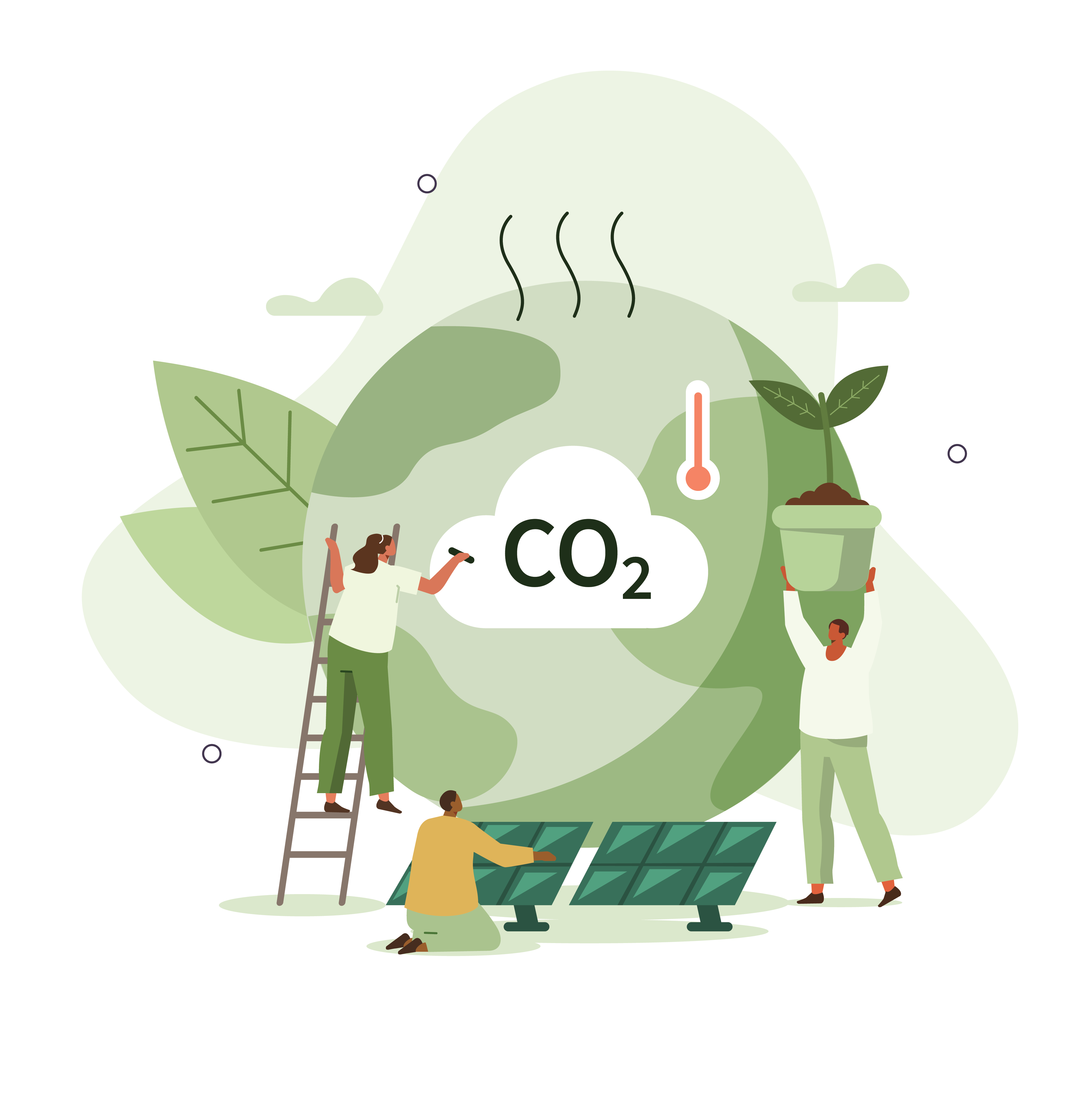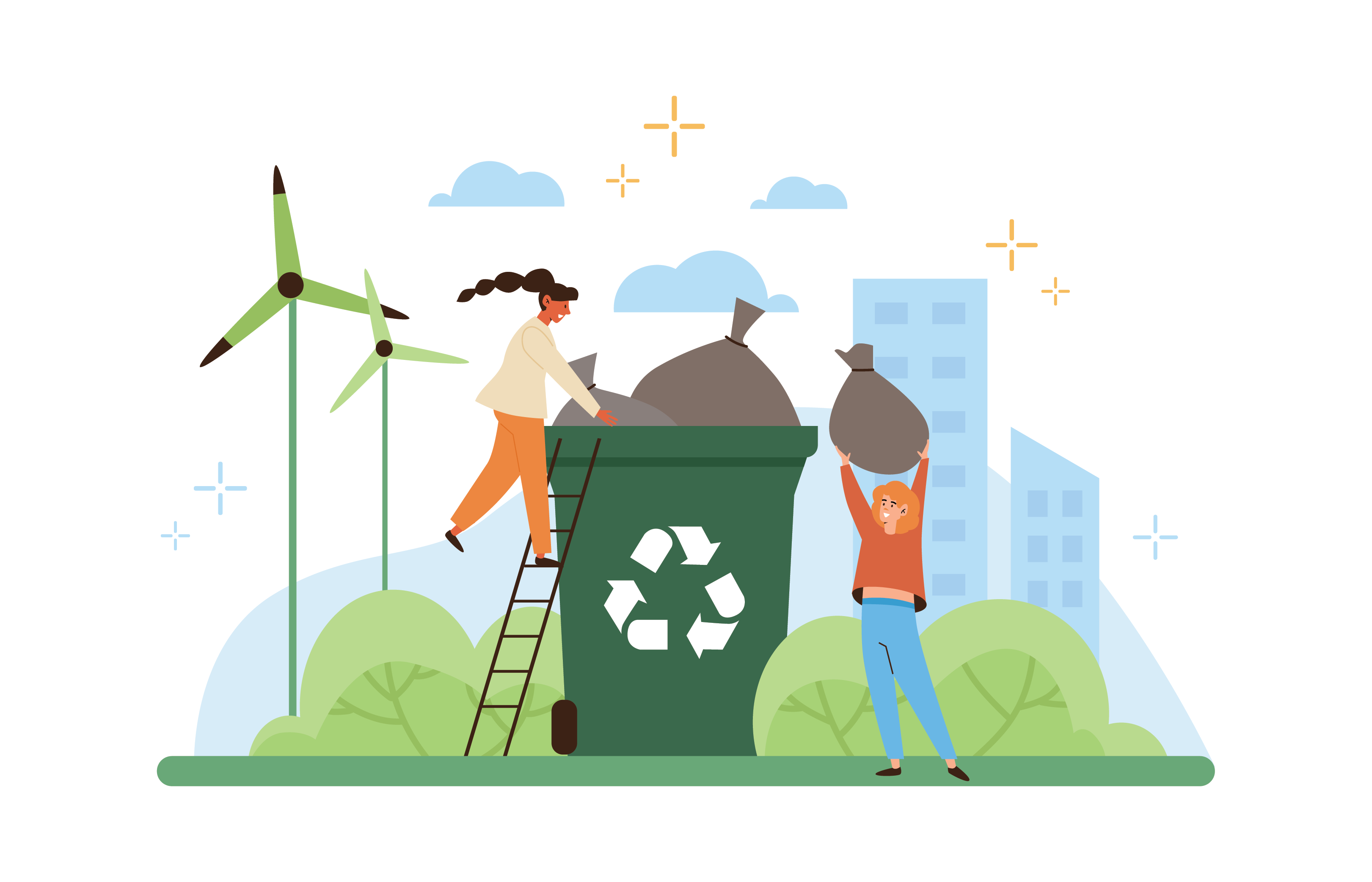As the world recognizes the urgency of addressing environmental challenges, sustainable finance has emerged as a critical field that combines financial expertise with a focus on environmental and social impact. This in turn, has seen the growth of many new career opportunities for students/recent graduates as well as early career and established professionals looking to specialize in a niche area where they can transfer their working experience and skills.
Within this realm, professionals have a wide range of sectors and industries to choose from, whether in academia, regulators government, mainstream financial institutions, or civil society organizations.
To assist those looking to embark on this journey, Ortec Finance’s Climate Science Lead, Dr Bronwyn Claire and United Nations Environmental Program Finance Initiative’s (UNEP FI) TCFD Program Lead, David Carlin share their insights with a five-part blog series - Jumpstart. Jumpstart explores the universe of careers in sustainable finance, considers the different sectors where these opportunities lie, examines the skills required for attaining success, and reflects on the types of impact each one can make.
Our blogs will be released on a weekly basis, kicking off below with ‘Exploring the universe of sustainable finance options’ where David and Bronwyn outline various diverse career possibilities, spanning academia, regulators and government, mainstream financial institutions, and civil society organizations.
_____________________________________________________________________________________________________________________
Exploring the universe of sustainable finance options
The pursuit of sustainability has become a major societal focus in recent years, leading to a growing number of opportunities in public and private sectors, as well as non-governmental organizations (NGOs). Below are some examples of the diverse sustainability opportunities opening up in the finance sector and business, and a few ideas for those in science too.
Cross sector
- Renewable energy development: The public and private sectors are investing heavily in renewable energy projects, creating opportunities in solar, wind, hydro, and geothermal energy development. These include jobs in policy and financial analysis of new energy projects and transition of existing infrastructure, as well as supporting in energy companies and utilities for research and development, project management, engineering, and investor relations.
- Green infrastructure: The public sector plays a crucial role in developing and maintaining infrastructure, ranging from natural spaces and agricultural planning to logistics and transport routes. With the construction industry embracing sustainable building practices, such as green building certifications, energy-efficient design, and sustainable materials. Job opportunities can arise in areas like planning, financing, and legal structures of major projects, as well as architecture, and civil engineering.
- Data collection and management: These roles often require a combination of skills, including data analysis, domain knowledge in sustainability, proficiency in data visualization tools, and an understanding of relevant reporting frameworks. As the importance of ESG and sustainability data continues to grow, professionals in these roles play a vital part in driving positive environmental and social impact through data-driven decision-making in finance and business.

- Sustainable finance research and reporting: All sectors conduct research and produce reports on sustainable finance topics, such as climate finance, green bonds, and impact measurement. Careers within these organizations can involve conducting research, analyzing data, and producing reports that contribute to the knowledge base and understanding of sustainable finance.
Public sector
For example, regulators and policy makers in the United Kingdom would be the Bank of England and Department for Business, Energy & Industrial Strategy (BEIS), or in Australia the Reserve Bank of Australia, the Australian Prudential Regulatory Authority and Australian Renewable Energy Agency- Policy and regulation: Governments worldwide are introducing new policies and regulations to promote sustainable practices. This creates opportunities for professionals specializing in environmental policy, sustainable development, and climate change mitigation and adaptation, as well as mechanisms of policy and regulation.
- Sustainable transportation: Governments are increasingly investing in sustainable transportation systems, including electric vehicles, public transit, and cycling infrastructure. This opens up opportunities in transportation planning, engineering, and policy development.

- Waste management and recycling: Governments, businesses and society are emphasizing waste reduction, recycling programs, and the implementation of circular economy principles. Careers in waste management, recycling operations, and sustainable materials management are on the rise by government as well as more broadly.
Private sector
For example, major financial institutions of BNP Paribus and Citigroup or industry organizations such as Ikea and Nestle, or smaller specialist places focused on particular markets or areas such as Generation Investment Management or Soil Capital.
- Sustainable agriculture and food systems: Increasing consumer demand for sustainable and organic food has led to opportunities in sustainable farming practices, agroecology, and food supply chain management. Job roles include sustainable agriculture specialists, food auditors, and sustainability consultants.
- Corporate sustainability and ESG: Many companies are integrating sustainability into their strategies to improve their environmental, social, and governance (ESG) performance. This has created roles for sustainability managers, ESG analysts, and consultants who help companies develop and implement sustainability initiatives.
- Sustainable investing: The financial sector is increasingly incorporating sustainability considerations into investment decisions. Opportunities exist in sustainable finance advisory, impact investing, ESG research, and sustainable investment analysis.
NGOs
For example: WWF, ShareAction and UNEP FI.
- Sustainable, ESG and impact investment: NGOs specializing in sustainable finance advocacy work to promote sustainable investment practices, influence policy frameworks, and engage with financial institutions. Roles within these organizations can involve research, policy analysis, and advocacy to drive the adoption of sustainable finance principles.
- Capacity building and education: NGOs working in sustainable finance may focus on capacity building and education initiatives for policy makers as well as the private sector. They provide training programs, workshops, and resources to financial institutions, investors, and other stakeholders to enhance their understanding of sustainable finance principles and practices.
- Corporate engagement: NGOs engage with corporations to promote sustainable finance practices within their operations. This can involve collaborations on ESG integration, responsible investment, and sustainable business practices. Roles within these organizations can include corporate engagement managers, sustainability consultants, and partnership development specialists.
Science based
For example, universities and think tanks or start-ups.
- Environmental conservation and protection: Organizations focused on environmental conservation and protection work on initiatives such as biodiversity conservation, ecosystem restoration, and wildlife preservation. Job opportunities can include environmental research, conservation project management, and advocacy roles.

- Climate change mitigation and adaptation: Organizations dedicated to climate change mitigation and adaptation work on projects related to renewable energy, carbon offsetting, climate resilience, and climate policy advocacy. Roles can include climate change analysts, project coordinators, and climate policy experts.
- Environmental education and awareness: Organizations involved in environmental education and awareness focus on promoting sustainable behaviors and raising public awareness about environmental issues. Opportunities can be found in environmental education, outreach programs, and communications roles.
It's important to note that these are just a few examples, and the field of sustainability is continuously evolving, offering a wide range of opportunities across various sectors.









